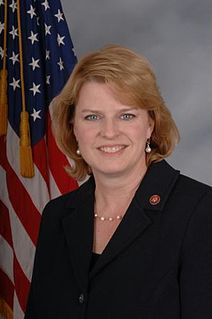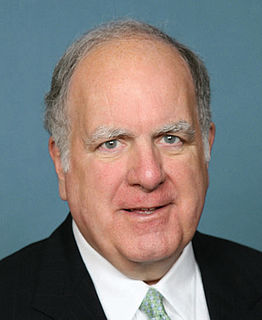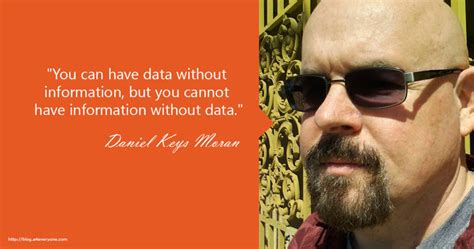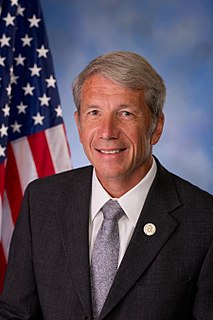A Quote by Melissa Bean
The budget enforcement rules of the 1990s were an important part of getting the budget back into balance. It was done on a bipartisan basis. Those pay-as-you-go rules were tested and they worked. We are now in a one-party system, and we have thrown them out.
Related Quotes
But one of the rules I don't like to break is we still do - 95% of our movies are low budget. We're offered bigger, larger budget movies to produce a lot, and we don't do them. That's not to say there aren't exceptions, there are a few exceptions, but I try and stick by the rules that produce what I think is the highest quality, most innovative work and try and let the rules go that make us feel like we're retreading.
I'm pleased that I've balanced budgets. I was on the world of business for 25 years. If you didn't balance your budget, you went out of business. I went into the Olympics that was out of balance, and we got it on balance, and made a success there. I had the chance to be governor of a state. Four years in a row, Democrats and Republicans came together to balance the budget. We cut taxes 19 times and balanced our budget.
When you start out on a career in the arts you have no idea what you are doing. This is great. People who know what they are doing know the rules, and know what is possible and impossible. You do not. And you should not. The rules on what is possible and impossible in the arts were made by people who had not tested the bounds of the possible by going beyond them. And you can. If you don't know it's impossible it's easier to do. And because nobody's done it before, they haven't made up rules to stop anyone doing that again, yet.
In my own field, x-ray crystallography, we used to work out the structure of minerals by various dodges which we never bothered to write down, we just used them. Then Linus Pauling came along to the laboratory, saw what we were doing and wrote out what we now call Pauling's Rules. We had all been using Pauling's Rules for about three or four years before Pauling told us what the rules were.
Some rules are there for a reason - but it's one thing to have a rule that protects and another to have rules that stifle. I've seen a lot of those articles and I thought they were unreasonable when I was in school, but they're getting a little bit out of hand now. We should embrace what makes us different, our different styles, our creativity.
Pop was initially ignored as a moneymaker by the recording industry. In the seventies they were still relying on Frank Sinatra and Tony Bennett for their big hits. You know, most of the budget for the record companies in those days went to the classical department - and those were big budget albums.
We're offered bigger, larger budget movies to produce a lot, and we don't do them. That's not to say there aren't exceptions: there are a few exceptions, but I try and stick by the rules that produce what I think is the highest quality, most innovative work and try and let the rules go that make us feel like we're retreading.
































